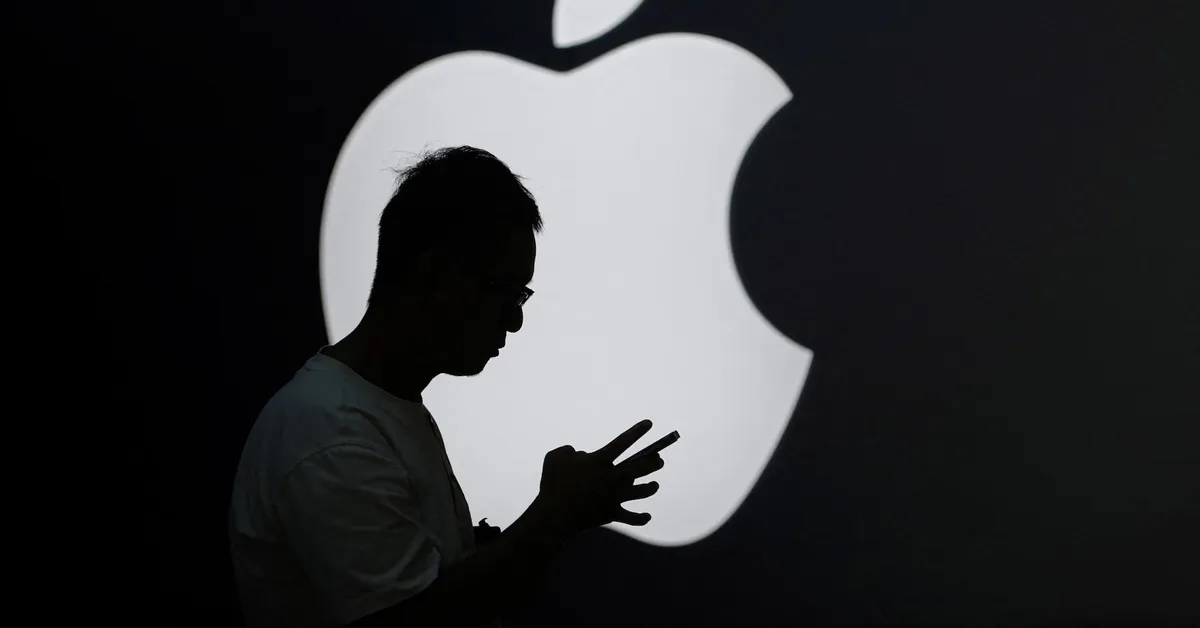
The tech world is buzzing with excitement over the potential release of the iPhone Air, a device that promises to be slimmer than any previous models from Apple. This sleek smartphone draws inspiration from Apple's MacBook Air, renowned for its lightweight and minimalist design. The iPhone Air could redefine the smartphone landscape, but analysts emphasize that Apple will need to solve challenges related to incorporating batteries and cameras into this thinner device.
To successfully attract a broad customer base, Apple is expected to position the iPhone Air between the base models of the iPhone 17 and the more premium Pro models. Dipanjan Chatterjee, vice president and principal analyst at Forrester, suggests that a slimmer iPhone could trigger a significant upgrade cycle. "It’s been a while since we have seen any meaningful update to the form factor of the device beyond tepid incremental changes," Chatterjee noted. The novelty of the iPhone Air may encourage users of older models, such as the iPhone 14, 15, and 16, to consider upgrading.
In addition to the iPhone Air, the slimmer design could pave the way for future innovations, including a foldable iPhone that expands flat like a book. This revolutionary design would likely serve as a platform for an enhanced version of Siri, Apple’s voice assistant. Analysts predict that these advancements may not materialize until next year, but they are crucial for Apple to maintain its competitive edge, especially in markets like China, where foldable phones are gaining popularity.
Historically, Apple has garnered approximately a quarter of its total sales from the mid-price segment of the iPhone market, according to Gene Munster, managing partner at Deepwater Asset Management. He believes that Apple will strategize to raise prices across its iPhone lineup without referencing U.S. President Donald Trump's tariffs. Instead, they may focus on increasing costs for models with larger storage capacities. "They learned to play nice with Washington," Munster remarked. "A straight-up price increase might not come off well." He emphasized that with rising costs, Apple must remain loyal to growing margins through innovative pricing strategies.
Apple's journey into artificial intelligence (AI) has faced hurdles, with initial improvements to Siri postponed due to engineering challenges. Instead, the company has collaborated with OpenAI, the creator of ChatGPT, to enhance AI features across its devices. In contrast, competitors like Google have designed their flagship phones to showcase their Gemini AI models. Recent reports indicate that Apple is also exploring the use of Google's Gemini AI to revamp Siri, which could significantly improve user experience.
Ben Bajarin, CEO of technology consultancy Creative Strategies, suggests that Apple might emphasize the enhanced AI processing capabilities of its upcoming Apple Silicon chips. This could potentially lead to a more intelligent Siri that efficiently performs tasks in the background for the vast number of Apple devices in use worldwide, all while conserving battery life. "It could be foreshadowing a broader integration with their operating system," Bajarin stated, indicating that the operating system will play a crucial role in leveraging the chips' AI capabilities.
Bob O'Donnell, president at TECHnalysis Research, believes that while AI adoption is still in its infancy, Apple's window of opportunity to catch up is rapidly closing. "They have a huge share in the U.S., and most people are perfectly content," he noted. However, he warns that if Siri's performance does not improve and if a foldable model does not launch by this time next year, customer satisfaction may dwindle.
As anticipation builds for the iPhone Air and advancements in AI technology, the coming months will be critical for Apple as they strive to maintain their market position and innovate in a highly competitive landscape.